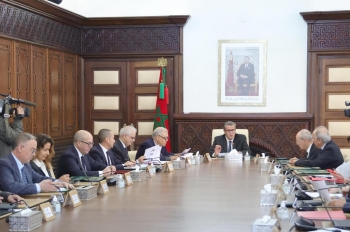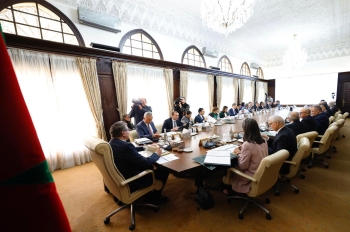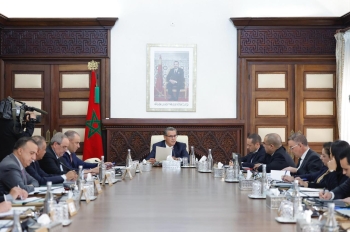The Head of Government chairs the regular session of the Ministerial Committee for the Development of Rural and Mountainous Areas
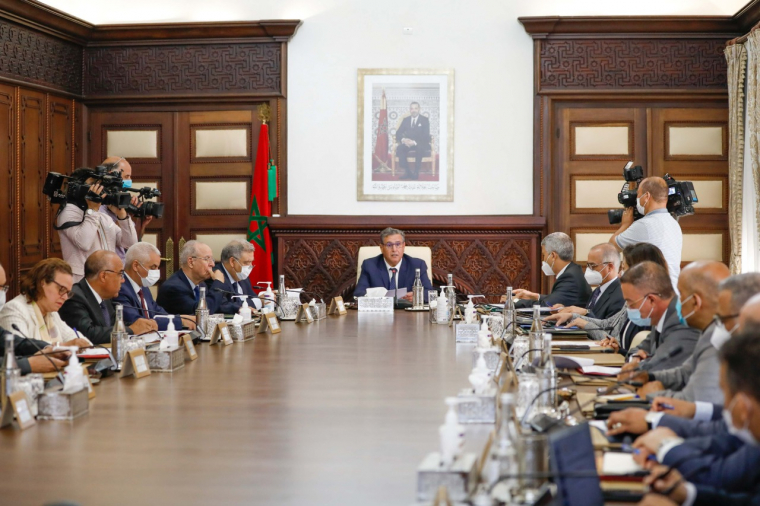
- The significant magnitude of achievements 6 years after the actual implementation of the first phase of the program to reduce spatial and social disparities
- Nearly 14 million people in 1066 rural communities benefited from the program to reduce spatial and social disparities (83% of all territorial communities)
- 14,000 km of roads and rural paths and more than 21,000 water connections
The Head of Government, Mr. Aziz Akhannouch, chaired, on Wednesday, June 8, 2022, the work of the ordinary session of the Permanent Ministerial Committee for the Development of Rural Area and Mountain Regions. The session was devoted to the outcome and prospects of the program to reduce spatial and social disparities. The projects of this program, which was launched in 2017 and extends until 2023, aim to break the isolation of the rural population, improve their living conditions, and access to basic services in the field of drinking water, electricity, education, and health, as well as roads and rural paths to facilitate their movement.
In the opening speech of the meeting, the Head of Government stressed that the government attaches great importance to these workshops in line with the high care of His Majesty King Mohammed VI, may God assist him, for the rural world, to contribute to reducing spatial and social disparities, noting that this program translates the great interest paid by His Majesty King Mohammed VI, may God protect him, to the inhabitants of the rural world.
The Head of Government added that after 6 years of the actual implementation of the Royal Vision and given the magnitude of the achievements and the tangible improvement of accessibility indicators in the rural world, this program is considered a success, explaining that the achievements of the program were achieved thanks to the concerted efforts of all national and local stakeholders and the adoption of effective governance based on the territorial dimension and convergence in interventions.
The Head of Government stressed that the program, which is considered an activation of the royal vision contained in the 2015 Throne Speech, will continue to be implemented at the same pace in order to complete the programmed projects and achieve the goals set by 2023.
The program achieved important results with a positive impact on the population and the targeted areas, as 6 out of 7 annual work plans for development were implemented out of 7 plans of interest to all regions of the Kingdom, and a budget of 41 billion Dirhams was mobilized for them (more than 82% of the budget programmed until 2023). Nearly 14 million people benefited from the program in 1,066 rural communities (83% of the total rural communities in the Kingdom).
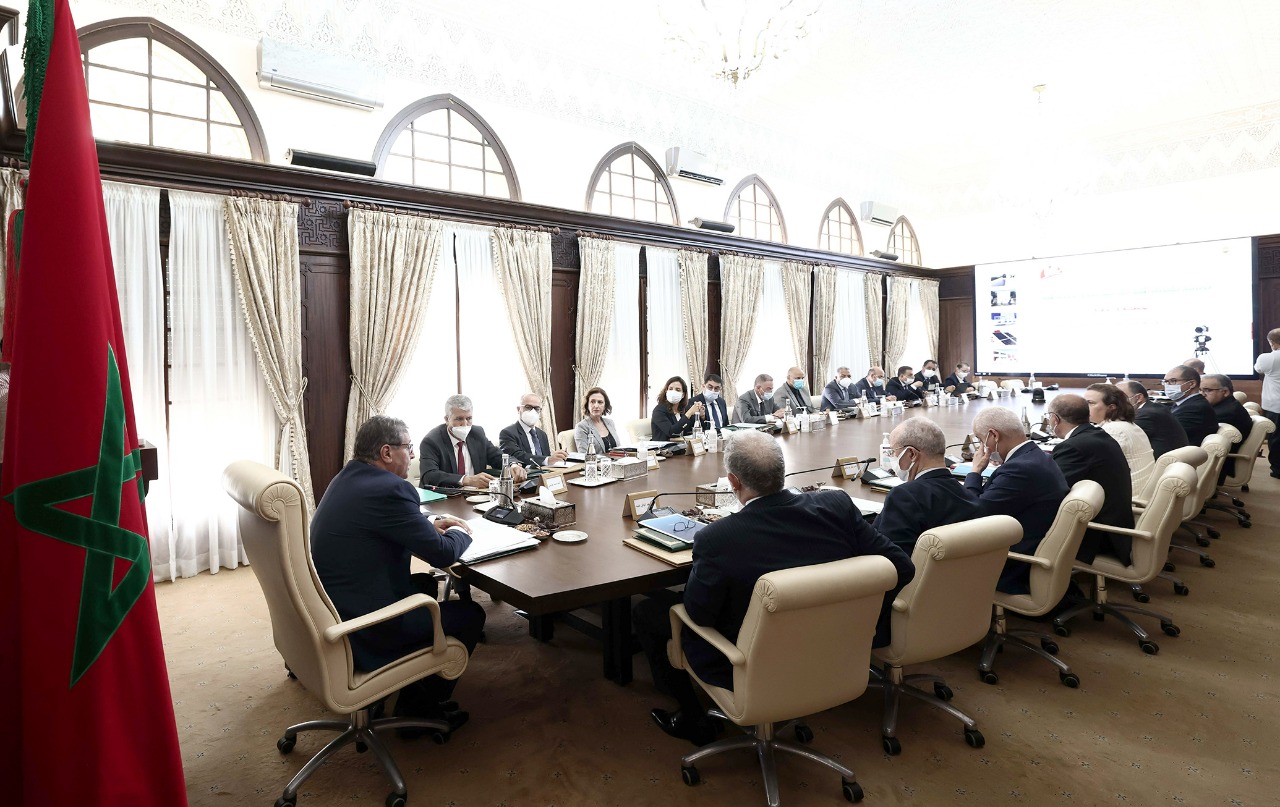
The program has also enabled the creation of approximately 103 million working days, 234,000 direct and indirect jobs, and the construction of about 14,000 km of rural roads and paths. Projects to build educational institutions, boarding houses, shelters, school canteens, and school transportation also contributed to improving schooling indicators in the rural world, where the rate of schooling of girls in the targeted areas increased to 60%, an increase of 15% compared to the same percentage in 2017.
Thanks to this program, 21,000 water network connections and a series of precise interventions were carried out in education, health, and rural electrification, including the completion of 1984 and 567 construction and rehabilitation of basic infrastructure for the health and education sectors, respectively, in addition to 109 equipping and acquiring 712 school buses, 606 ambulances and mobile medical units, and electrifying 821 Douars.





